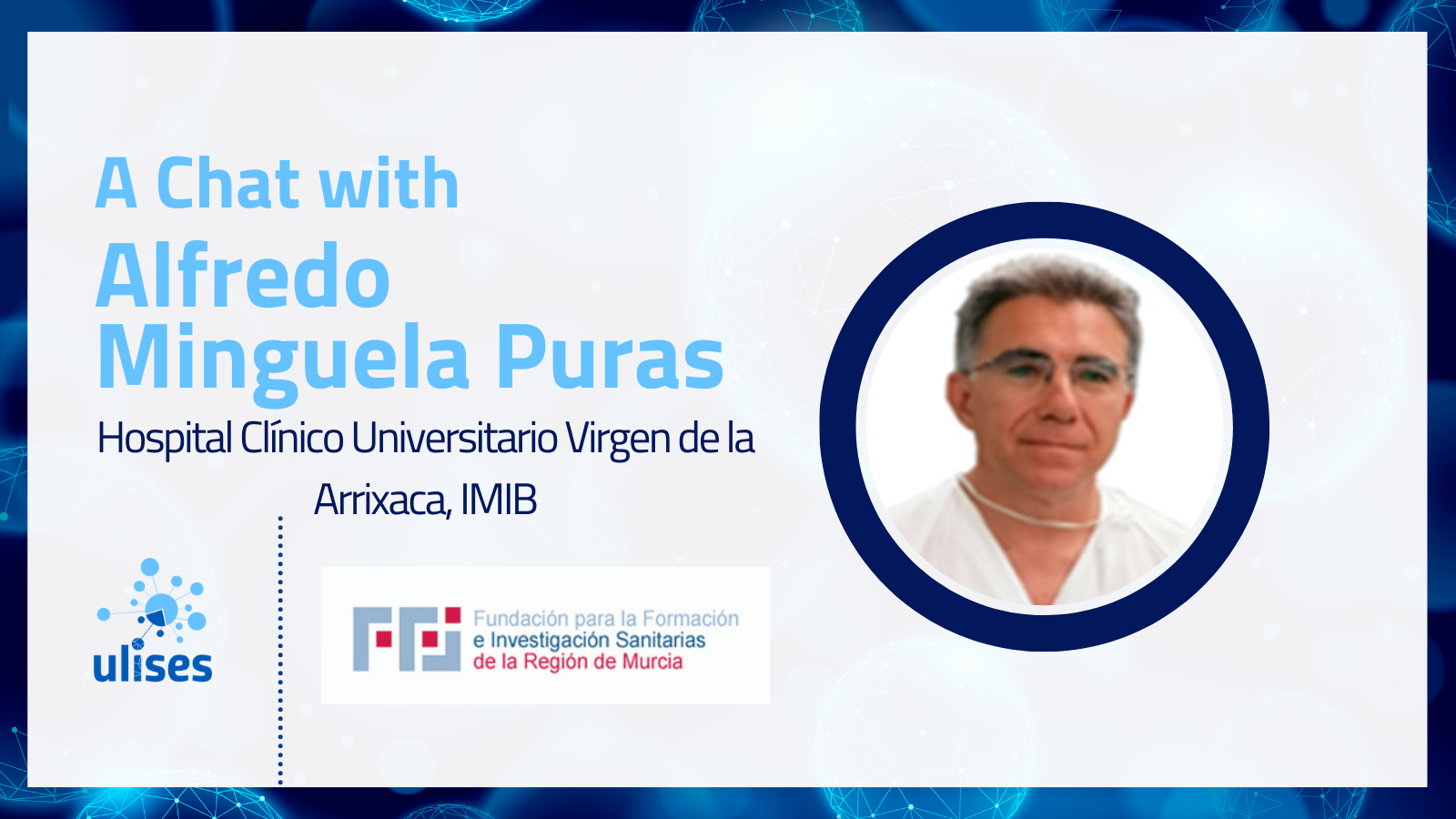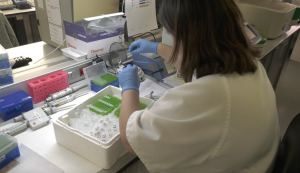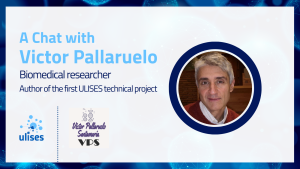In this interview, dr. Alfredo Minguela Puras, from the Biomedical Research Institute of Murcia, explains how his team is validating the ULISES therapy developed by the consortium through in vitro and in vivo (in humanized mice) assays.
Alfredo Minguela Puras, Director of the Research Group “Immunology and immunotolerance in transplants and immune-based diseases” at the Biomedical Research Institute of Murcia, in this interview, gives a deep overview of the role of the Biomedical Research Institute of Murcia in facing ULISES’s scientific challenges.
Alfredo, firstly, thanks a lot for your time for us! Could you explain the role of your research team in ULISES?
We validate ULISES therapy developed by the consortium through in vitro and in vivo (in humanized mice) assays. We assess the ability of the treatment to induce Human Leukocyte Antigen (HLA) molecule expression in tumor cells and the anti-tumor effectiveness of innate and cellular immune components.
What type of expertise does your team bring to the project’s research objectives?
Our group carries out this type of study both in the clinical setting for the diagnosis of immune system pathologies in children and adults, and in research projects aimed at evaluating the role of the immune response in the survival of cancer patients and the search for new therapeutic targets.
What does your research specifically focus on?
Our group is a very large, with clinical professionals from various medical specialties, clinical immunologists and basic researchers, all with the purpose of investigating the role of immunoregulatory mechanisms in various pathologies: cancer, inflammation/autoimmunity, infection, immunodeficiency.
In particular, the principal investigator and the collaborators in this project focus their research on the role of Natural Killers (NK) cells and T-lymphocytes in the antitumour and infection responses.
What is the most innovative aspect of your work?
In relation to the ULISES project, well-known standardized techniques in clinical and research immunology are being applied to evaluate the effectiveness of the new treatment developed in the project.
In relation to other projects that also we are managing (and that are contributing to the ULISES scientific research), genotypes have been identified that regulate the maturation and education of NK cells and T lymphocytes that are associated with long survival of cancer patients.
In these patients, their immune system is capable of controlling the disease for years/decades after cytoreductive therapies. Very recent data, still unpublished, have shown the development of Natural Killer cell subtypes, with specific differential gene expression profiles that are associated with said genotypes and prolonged survival. Actionable targets are currently being investigated to promote the development of this type of cells in patients with less favorable genotypes.




